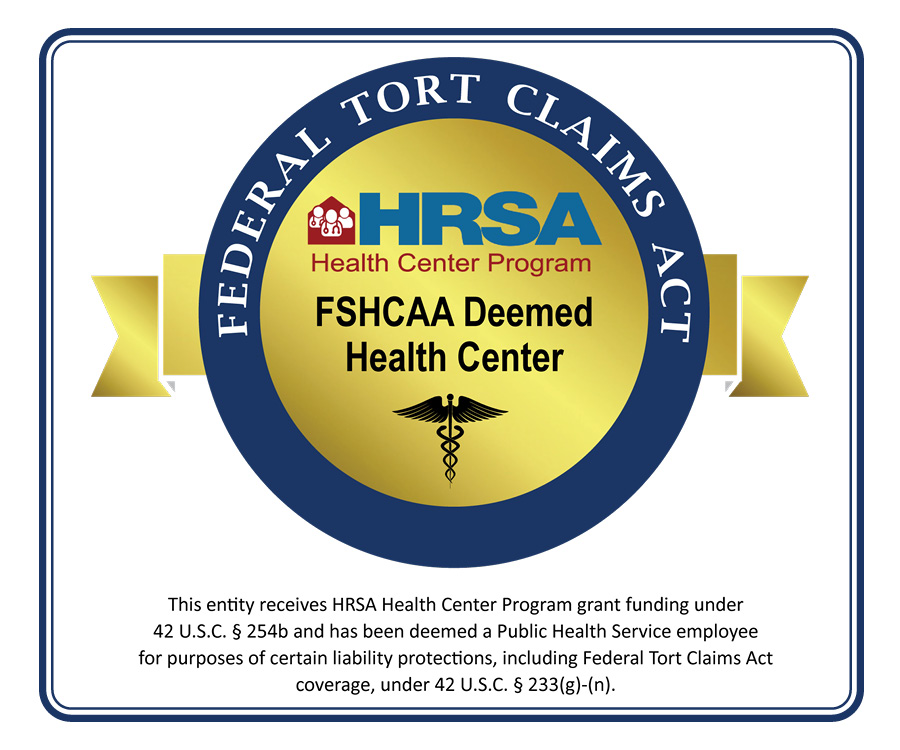
New building – same Floating Hospital
In 2020, The Floating Hospital will move to a new building. But, we’re not moving far!
Our new home is at the corner of 41st Avenue and 21st Street in Long Island City, only seven minutes’ walk from our current main clinic.
With a history of more than 150 years, this isn’t our first move. Indeed, being able to move is an integral part of that history. After 16 years on Crescent Street, we’ve used it to capacity.
So, to continue serving our families, and ensure a comfortable setting for them, we’re moving to a bigger facility.
Within four years, we expect to increase our patient base from 20,000 to 24,000 per year. That’s an additional 1,000 patients per year.
To ensure our patients’ comfort, we focused design on lots of natural light and soft colors.
Why is the move important? Well, the new building is 1.5 times bigger than our current space. Which means we can expand all of our existing services, and add some new ones. Among the new services are optometry, ophthalmology, and dermatology.
The new clinic will also drive economic growth in Long Island City. It’ll create jobs, including medical providers, and entry-level and middle skill jobs. These jobs are aimed at local public housing and community residents.
Besides the impact on our patients, the new building will increase the level of primary care. This will help relieve crowding in emergency rooms – where our patients would otherwise turn.
How you can help in building the future
The building is largely funded by kind donors. Therefore, there are naming opportunities to provide a legacy for you, your family, or your company.
If you or your company would like to make a tax-deductible donation to the next part of The Floating Hospital’s legacy, please contact Hannah Stein: HStein@thefloatinghospital.org.

Starting in 1866, The Floating Hospital is the largest provider of healthcare service to homeless families. We provide free and secure transport to and from over 300 shelters and domestic violence safe houses throughout New York City.
The Floating Hospital operates a main clinic in Long Island City. Also, we have satellite clinics at shelters, public housing, and assessment centers throughout the city.
Donate now to support our vital work.
Share This Story, Choose Your Platform!
Categories
Tags
The Floating Hospital provides high-quality healthcare to anyone who needs it regardless of race, ethnicity, religion, gender, immigration or insurance status, or the ability to pay. By providing unrestricted medical care in tandem with health education and social support to vulnerable New York City families, The Floating Hospital aims to ensure those most in need have the ability to thrive, not just survive.


